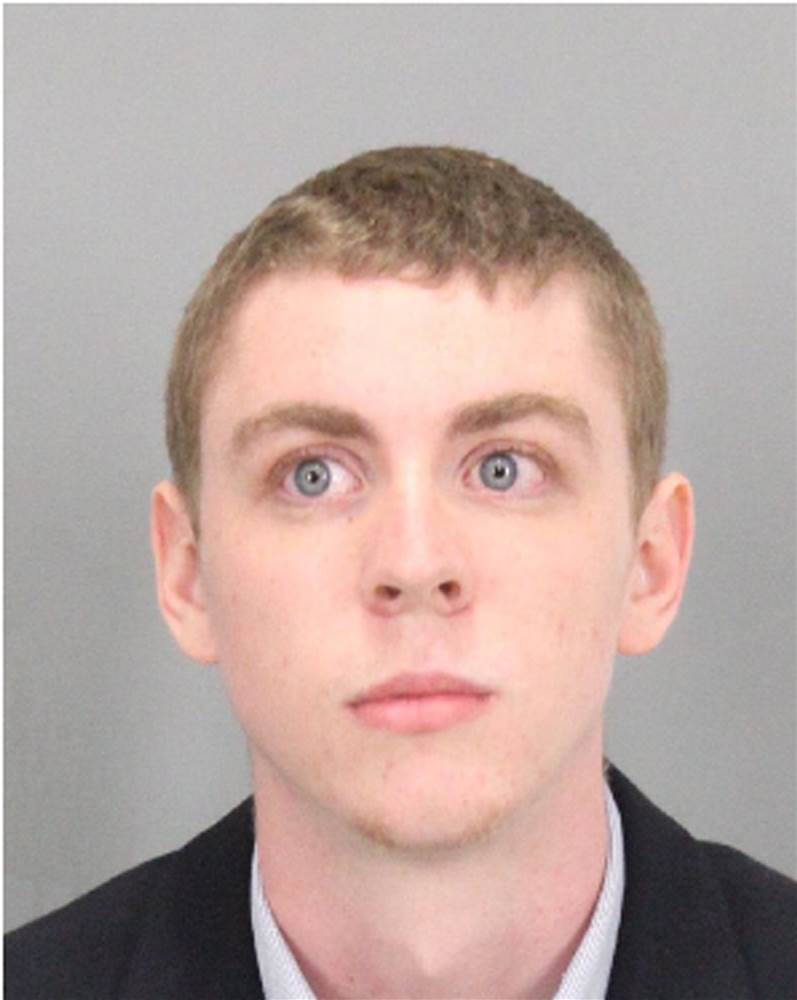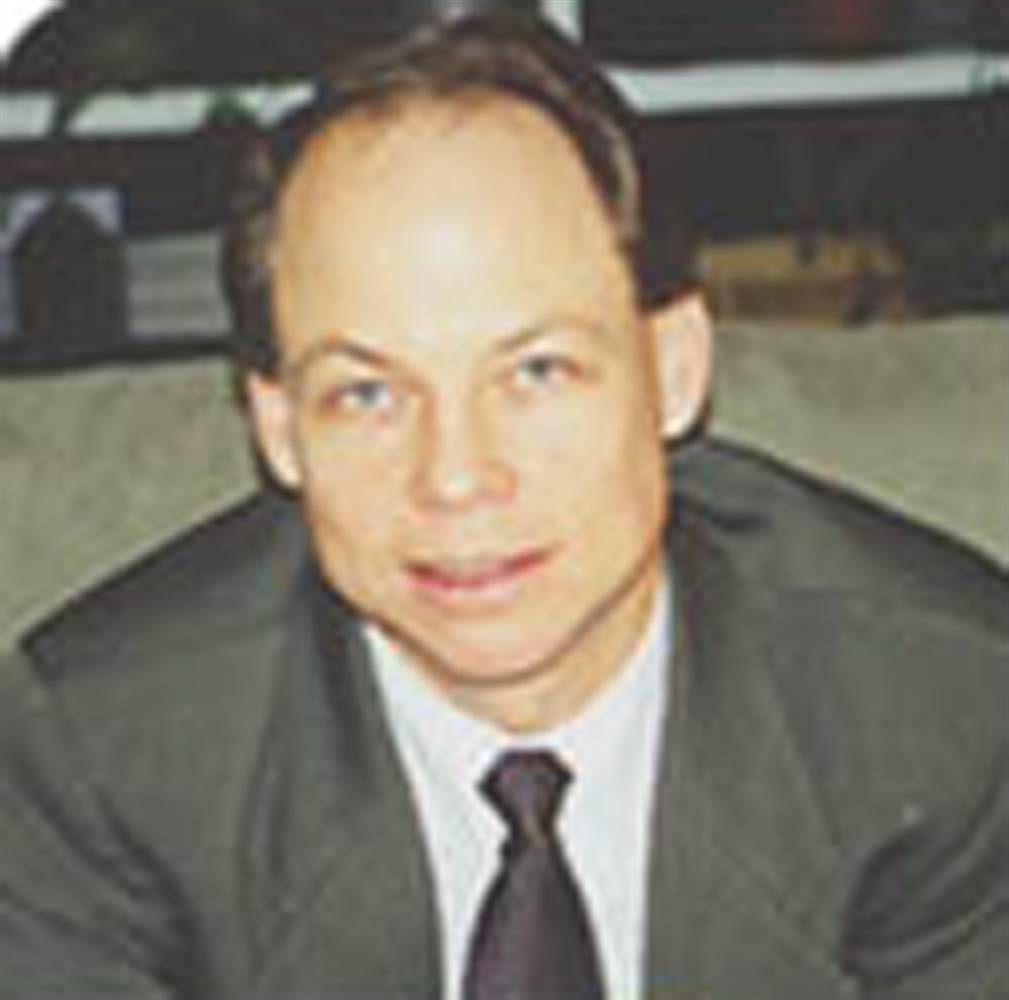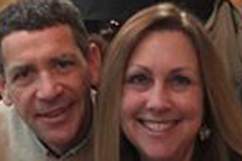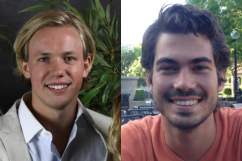A California judge who was a star athlete at Stanford University is facing calls that he be removed from the bench after he sentenced former Stanford swimmer Brock Turner to six months in jail for sexually assaulting an intoxicated woman, a punishment many have called too lenient.
Santa Clara County Superior Court Judge Michael Aaron Persky sentenced Turner, 20, last week. He has not commented since the outcry over his decision because Turner is appealing his conviction. Turner was found guilty in March of three felony sexual assault charges and faced up to 14 years in prison.
The district attorney is among those calling the sentence unjust.
“The punishment does not fit the crime,” the District Attorney Jeff Rosen said in a statement. “The predatory offender has failed to take responsibility, failed to show remorse and failed to tell the truth. The sentence does not factor in the true seriousness of this sexual assault, or the victim’s ongoing trauma. Campus rape is no different than off-campus rape. Rape is rape. And I will prosecute it as such.”
A Change.org petition has been started to call for Persky to be recalled. It has received more than 100,000 signatures.
“Judge Persky allowed the lenient sentence suggested by the probation department. Turner has shown no remorse and plans to attempt to overturn his conviction,” wrote Maria Ruiz, who started the petition. “Judge Persky failed to see that the fact that Brock Turner is a white male star athlete at a prestigious university does not entitle him to leniency. He also failed to send the message that sexual assault is against the law regardless of social class, race, gender or other factors. Please help rectify this travesty to justice.”
A website, recallaaronpersky.com, has also been launched, and is raising money for the recall fight.
Here’s what you need to know:
1. He Has Come Under Fire for Saying Prison Would Have a ‘Severe Impact’ on Turner

Brock Turner in his mugshot taken when he was booked at the Santa Clara County Jail following his sentencing hearing. (Santa Clara County Jail)
Judge Aaron Persky, 54, has come under fire for saying at Brock Turner’s sentencing, “A prison sentence would have a severe impact on him. I think he will not be a danger to others.”
Persky said he considered Turner’s character, lack of criminal history and remorsefulness when deciding the sentence, according to the San Jose Mercury News.
Prosecutors had called for six years in state prison, while a report from the state probation department recommended less than a year in county jail.
Persky said in court that Turner had “poisoned” the lives of those involved, according to the Palo Alto Weekly.
“The question that I have to ask myself is … Is state prison for this defendant an antidote to that poison?” Perksy said. “Is incarceration in prison the right answer for the poisoning of (the woman’s) life?”
The victim, who has chosen to remain anonymous, told Buzzfeed News, “Even if the sentence is light, hopefully this will wake people up. I want the judge to know that he ignited a tiny fire. If anything, this is a reason for all of us to speak even louder.”
District Attorney Jeff Rosen said Monday that while he disagrees with the judge’s sentence, he does not think he should be removed from the bench.
“While I strongly disagree with the sentence that Judge Persky issued in the Brock Turner case I do not believe he should be removed from his judgeship,” District Attorney Jeff Rosen said in a statement. “I am so pleased that the victim’s powerful and true statements about the devastation of campus sexual assault are being heard across our nation. She has given voice to thousands of sexual assault survivors.”
Local attorneys called Persky respected and fair.
“He is an absolutely solid and respected judge,” Santa Clara County deputy public defender Gary Goodman told the Associated Press. “Persky made the right decision.”
Criminal defense attorney Barbara Muller, who works two weeks a month in Persky’s court, said he is one of the “fairest judges” in Santa Clara County.
“He considers all facts and is very thorough,” Muller told the AP. “He plays it right down the middle.”
2. He Was the Captain of the Lacrosse Team at Stanford & His Critics Say He Was ‘Persuaded’ by Turner’s Background as an ‘Elite Athlete’
Persky, a San Francisco native, graduated from Stanford University, the same school where Brock Turner was a freshman swimmer when he was arrested in January 2015. He earned his undergraduate degree in 1984 and his master’s degree in 1985.
He was the captain of the lacrosse team at Stanford, according to a 2002 article in the Stanford Daily.
“I graduated Phi Beta Kappa from Stanford University with a Bachelor’s Degree in International Relations and a Master’s Degree in International Policy Studies. After graduation, I rode my bicycle from Palo Alto to Washington, D.C. to raise money for the Red Cross African Famine Relief Campaign,” he said on his campaign website. “In Washington I worked for the International Trade Administration of the United States Department of Commerce, where I investigated other countries’ unfair trade practices.”
Michele Dauber, a Stanford law professor who has been critical of Perksy’s sentence, told NBC News she thinks he was lenient because of their similar backgrounds.
“I think he was very persuaded by the background of the young man as an elite athlete,” she said.
Dauber also told NBC, “The judge had to bend over backwards to accommodate this young man. I believe that many people believe that assaults that happen on campus are less serious that assaults that happen elsewhere.”
3. The Victim’s Powerful Statement to Persky Has Gone Viral
The victim read a powerful 13-page statement to the court during Brock Turner’s sentencing, calling out the light punishment Turner received and saying he had left her “devastated.”
She also said he “dragged me through this hell with you,” through a year-long process that culminated with a trial.
“You took away my worth, my privacy, my energy, my time, my intimacy, my confidence, my own voice, until today. The damage is done, no one can undo it,” she said. “And now we both have a choice. We can let this destroy us, I can remain angry and hurt and you can be in denial, or we can face it head on, I accept the pain, you accept the punishment, and we move on.”
She addressed the sentence, writing:
The probation officer’s recommendation of a year or less in county jail is a soft timeout, a mockery of the seriousness of his assaults, an insult to me and all women. It gives the message that a stranger can be inside you without proper consent and he will receive less than what has been defined as the minimum sentence. Probation should be denied. I also told the probation officer that what I truly wanted was for Brock to get it, to understand and admit to his wrongdoing.
She also said she understood that it was Turner’s first offense:
As this is a first offence I can see where leniency would beckon. On the other hand, as a society, we cannot forgive everyone’s first sexual assault or digital rape. It doesn’t make sense. The seriousness of rape has to be communicated clearly, we should not create a culture that suggests we learn that rape is wrong through trial and error. The consequences of sexual assault needs to be severe enough that people feel enough fear to exercise good judgment even if they are drunk, severe enough to be preventative.
The probation officer weighed the fact that he has surrendered a hard earned swimming scholarship. How fast Brock swims does not lessen the severity of what happened to me, and should not lessen the severity of his punishment. If a first time offender from an underprivileged background was accused of three felonies and displayed no accountability for his actions other than drinking, what would his sentence be? The fact that Brock was an athlete at a private university should not be seen as an entitlement to leniency, but as an opportunity to send a message that sexual assault is against the law regardless of social class.
The Probation Officer has stated that this case, when compared to other crimes of similar nature, may be considered less serious due to the defendant’s level of intoxication. It felt serious. That’s all I’m going to say.
What has he done to demonstrate that he deserves a break? He has only apologized for drinking and has yet to define what he did to me as sexual assault, he has revictimized me continually, relentlessly. He has been found guilty of three serious felonies and it is time for him to accept the consequences of his actions. He will not be quietly excused.
He is a lifetime sex registrant. That doesn’t expire. Just like what he did to me doesn’t expire, doesn’t just go away after a set number of years. It stays with me, it’s part of my identity, it has forever changed the way I carry myself, the way I live the rest of my life.
The woman also thanked the two bicyclists who saved her, and addressed other sexual assault victims,
“On nights when you feel alone, I am with you,” she said. “When people doubt you or dismiss you, I am with you. I fought everyday for you. So never stop fighting, I believe you.”
You can read the full statement by the victim at the link below:
4. He Lost His Bid for the Bench in 2002, But Was Appointed to a Vacant Position by Fellow Stanford Alum Gray Davis in 2003
Persky first ran for a Superior Court seat in 2002, but lost to Ron M. Del Pozzo, according to Santa Clara County records. Del Pozzo received 122,036 votes and Persky received 112,668.
His defeat came despite several endorsements, including from the Santa Clara Bar Association, the San Jose Mercury News, Congressman Mike Honda and two former San Jose Mayors.
He was then appointed to the bench in September 2003 by then-Governor Gray Davis, a Democrat and fellow Stanford University alum and athlete. According to the Metropolitan News-Enterprise, Davis selected Persky, then a 41-year-old prosecutor, to fill a spot vacated by Judge Conrad Rushing, who had been elevated to the Sixth District Court of Appeal.
Persky is running for re-election to another term as a Superior Court judge, but he does not have an opponent, according to the Associated Press.
According to Ballotpedia, the Superior Court election is nonpartisan, so Persky does not have a political party. The primary is used to narrow down the field, Ballotpedia explains. If a person wins the majority of the votes in the primary, he or she wins the general election. If no candidate wins a majority, the top two vote-getters advance to the November general election.
The primary race for his seat would have been held on June 7, but he is not listed on the ballot because he is unopposed.
A write-in opponent could still run against Persky in the general election, officials told the Associated Press. A candidate would have to register as a write-in candidate by August 17.
He has never been challenged during his time as a judge.
For Persky to be recalled from his seat, a petition with more than 81,000 signatures of registered county voters would need to be collected, the Associated Press reports. The petitions would need to be submitted by August 12 for the recall election to be held in November.
5. He Prosecuted Sex Crimes While He Was a District Attorney in Santa Clara County
Persky graduated from the University of California-Berkeley Boalt Hall School of Law in 1990 and was admitted to the bar that same year.
“After law school, I worked for the judges of the Superior Court of San Francisco for one year, researching civil and criminal legal issues. I then joined the law firm of Morrison & Foerster as a litigation associate, gaining substantial experience in civil cases,” he said on his campaign website. “The firm sent me to Tokyo, Japan to work for a Japanese client for one year. I studied Japanese and later won a prestigious speech contest for non-native Japanese speakers, which was nationally televised in Japan.”
After returning from Japan, he became a criminal prosecutor in the Santa Clara District Attorney’s Office, where he prosecuted “sex crimes and hate crimes.”
“I focus on the prosecution of sexually violent predators, working to keep the most dangerous sex offenders in custody in mental hospitals. I am also an Executive Committee member of the Santa Clara County Network for a Hate-Free Community, where I helped create a county-wide law enforcement policy on hate crimes. In addition, I serve as an Executive Committee Member of the Support Network for Battered Women,” Persky said on his campaign website.
“Aaron Persky is a Superior Court Judge in Santa Clara County, currently assigned to hear criminal matters in Palo Alto,” the Santa Clara Bar Association says on its website. “Governor Gray Davis appointed him to the Santa Clara County bench in 2003, where he has handled criminal, family, civil, and probate cases. He is the former Chair of the Court’s Community Outreach Committee. Judge Persky has a special interest in improving the effectiveness of the Court’s alternative dispute resolution programs.”
Persky is paid $155,181.62 a year, according to Transparent California.
He has no record of judicial violations.
During his 2002 election bid he told the League of Women Voters his top priorities if elected would be “honesty and integrity,” “equal justice for all” and “effective use of technology in the court room.”





